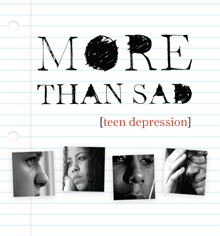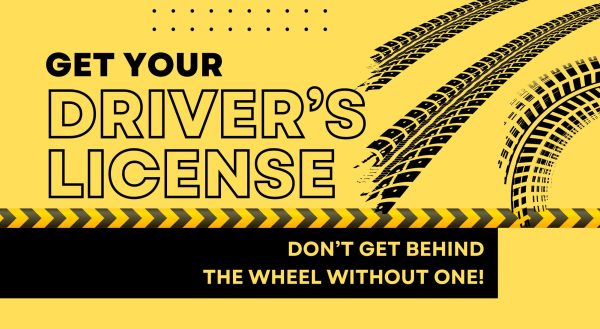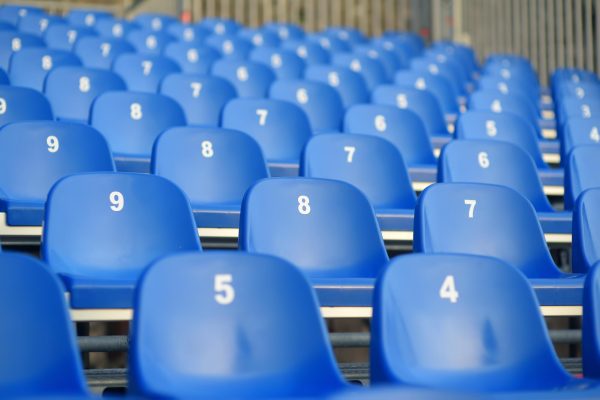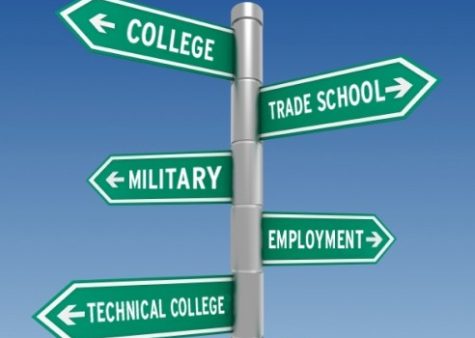Depression is not simply a controlable sadness

With the suicide of Robin Williams last month, depression took a spotlight in America. The common myth that depressed people were always sad was blown out of the water a bit when the public learned that Williams, a comedian who had been making Americans laugh for decades, had suffered from depression.
When most people think about depression, they think about people who are sad, who are not making an effort to be happy, who are not trying to get better. Actual depression is about more than that, and is not always just because someone feels sad. It is not always because someone is in the middle of a sad or stressful situation. And, in true depression, simply “trying” to get over it is not enough.
Depression is one of the most common mental diseases in the United States. It is the leading cause of suicide in the country, and it doesn’t strike just adults. Depression affects, on average, one out of every 33 kids and as many as one out of every 15 teenagers.
Depression is often caused by an imbalance of chemicals in the brain. There are four major types of depression. The most severe type is Major Depressive Disorder. This type of depression that is combined by many types of symptoms that affect your physical being. You may have thoughts of suicide or self-harm. The depression may affect how you sleep, study and eat. You are not interested in being with your friends or in doing the things that used to interest you.
Another type of depression is Persistent Depressive Disorder. This type of depression is a long-term sadness. This doesn’t usually disable the person but just makes them in a sadder mood for a longer period of time. This is a much less severe type of depression but can still affect you.
The third type of depression is Atypical depression. The common symptoms of this depression are overeating, not eating enough, oversleeping, little sleep, fatigue, extreme sensitivity or rejection, or moods that change, for better or for worse, due to a recent event. This type of depression makes it harder to live normal.
The last type of depression is Bipolar or Manic Depression. This type of depression is very different from the others. Usually you are “normal” but on occasions you have an extreme episode of a very low period. You cannot control when the lows will hit.
If you think you might be depressed, get help. Teenage depression isn’t just bad moods and the occasional melancholy—it’s a serious problem that impacts every aspect of a teen’s life. Teen depression can lead to drug and alcohol abuse, self-loathing and self-mutilation, pregnancy, violence, and even suicide. Don’t fall into the trap of being depressed and not treating it. There is help out there. Find a teacher, a parent, a friend – someone who will listen and who will help you get the help you need.






